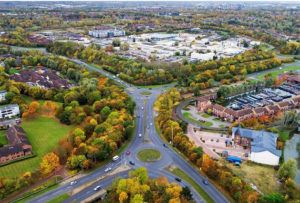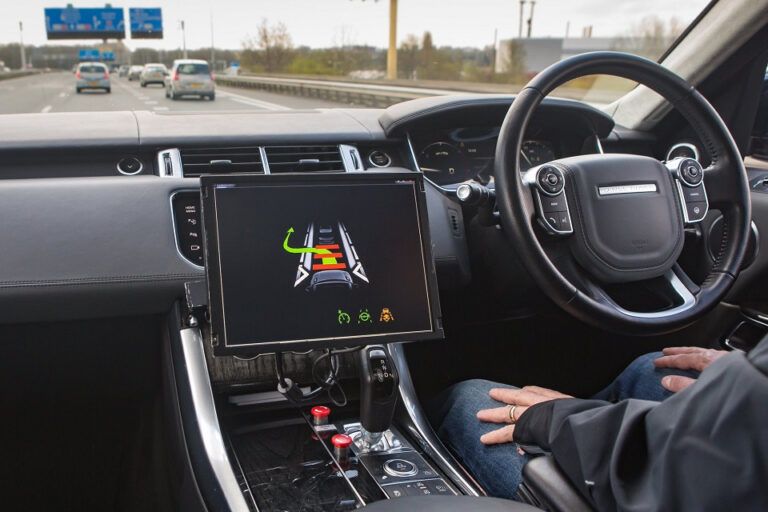The UK Government has announced plans to open up data on planned changes to the road network to provide advanced warning of potential traffic jams, together with more than £300m (US$368m) in new funding to develop cleaner, greener forms of transport.
Technology developers could soon get access to Department for Transport (DfT) data due to a review of legislation around Traffic Regulation Orders (TROs); the orders behind restrictions on the road network that allow for temporary roadworks or permanent changes to the road. Companies will potentially be able to develop and enhance navigational apps powered by artificial intelligence (AI), warning drivers up to months in advance of planned disruption to routes and offering alternatives to help them save time and money. The government hopes that this next generation of AI-powered apps will give drivers the confidence to plan important trips without the fear of being stuck in traffic, and reduce congestion, delays and air pollution.
 Working with organizations including local authorities and the Connected and Automated Vehicle (CAV) sector, the DfT will look at introducing legislation to make it easier to access data around the predicted 50,000 yearly road closures building on the government’s commitment to make travelling cleaner and greener, safer, easier and more reliable. The review will support the government’s Future of Mobility Grand Challenge by considering whether current legislation is fit to maximize the potential of future technologies. Evidence suggests that opening up TRO data could also help with route planning systems for self-driving vehicles.
Working with organizations including local authorities and the Connected and Automated Vehicle (CAV) sector, the DfT will look at introducing legislation to make it easier to access data around the predicted 50,000 yearly road closures building on the government’s commitment to make travelling cleaner and greener, safer, easier and more reliable. The review will support the government’s Future of Mobility Grand Challenge by considering whether current legislation is fit to maximize the potential of future technologies. Evidence suggests that opening up TRO data could also help with route planning systems for self-driving vehicles.
“As a road user, there is nothing more frustrating than discovering roadworks and getting stuck in traffic jams,” note UK Minister for the Future of Transport, George Freeman. “Today’s announcement will help open up data, reducing congestion, pollution and frustration for road users.”
 The government has also announced that UK innovators will get more than £300m (US$368m) in new investment to help them develop cleaner, greener forms of transport. The government will provide £125m (US$153m), which will be supported by industry co-investment of up to £175m (US$214.5m) to support radical new technologies including flying urban taxis, electric passenger planes, and even freight-carrying drones. Alongside this, five new transport research networks will receive a £5m (US$6m) cash injection for their work developing cleaner forms of fuel and other tech innovations to reduce emissions and improve air quality. The new transport research networks will be led by: the University of Birmingham, the University of Leeds, the University of Durham, Cardiff University, and University College London.
The government has also announced that UK innovators will get more than £300m (US$368m) in new investment to help them develop cleaner, greener forms of transport. The government will provide £125m (US$153m), which will be supported by industry co-investment of up to £175m (US$214.5m) to support radical new technologies including flying urban taxis, electric passenger planes, and even freight-carrying drones. Alongside this, five new transport research networks will receive a £5m (US$6m) cash injection for their work developing cleaner forms of fuel and other tech innovations to reduce emissions and improve air quality. The new transport research networks will be led by: the University of Birmingham, the University of Leeds, the University of Durham, Cardiff University, and University College London.
UK Business Secretary, Andrea Leadsom, said, “The possibilities for new ways to transport goods and services, or to get from A to B, are endless. This new investment will help make the most of the exceptional talent and expertise we have in these industries, and ensure the UK leads the way internationally in designing and developing technology, from electric taxis to drones delivering parcels.”





